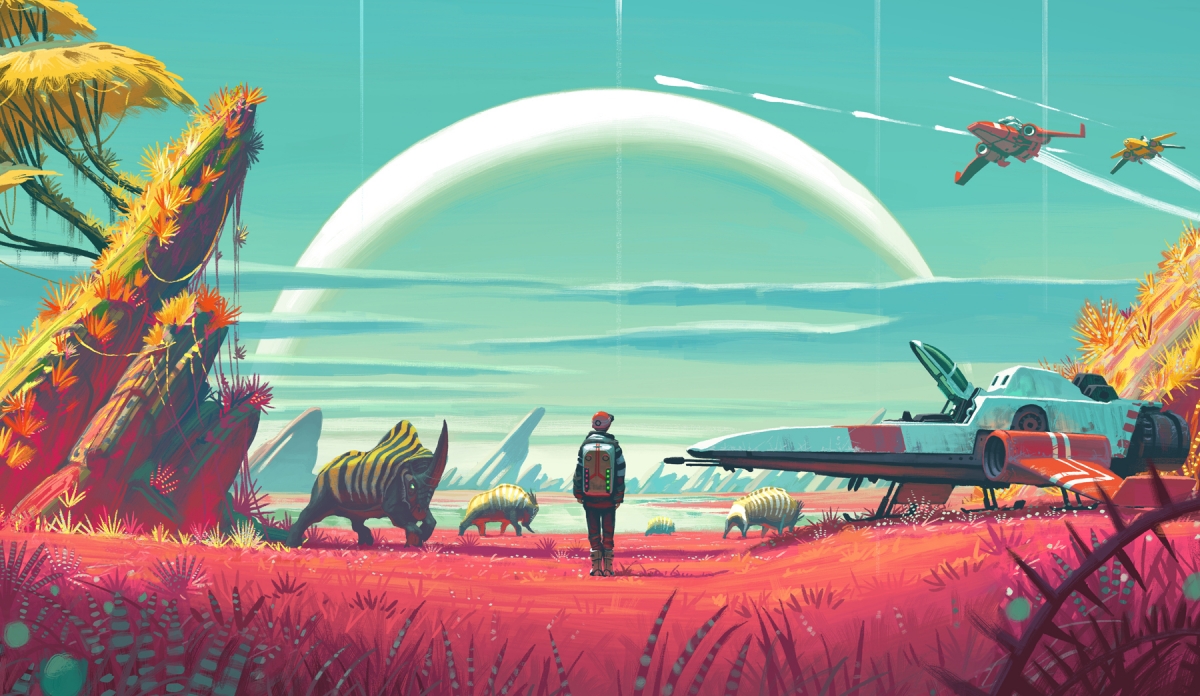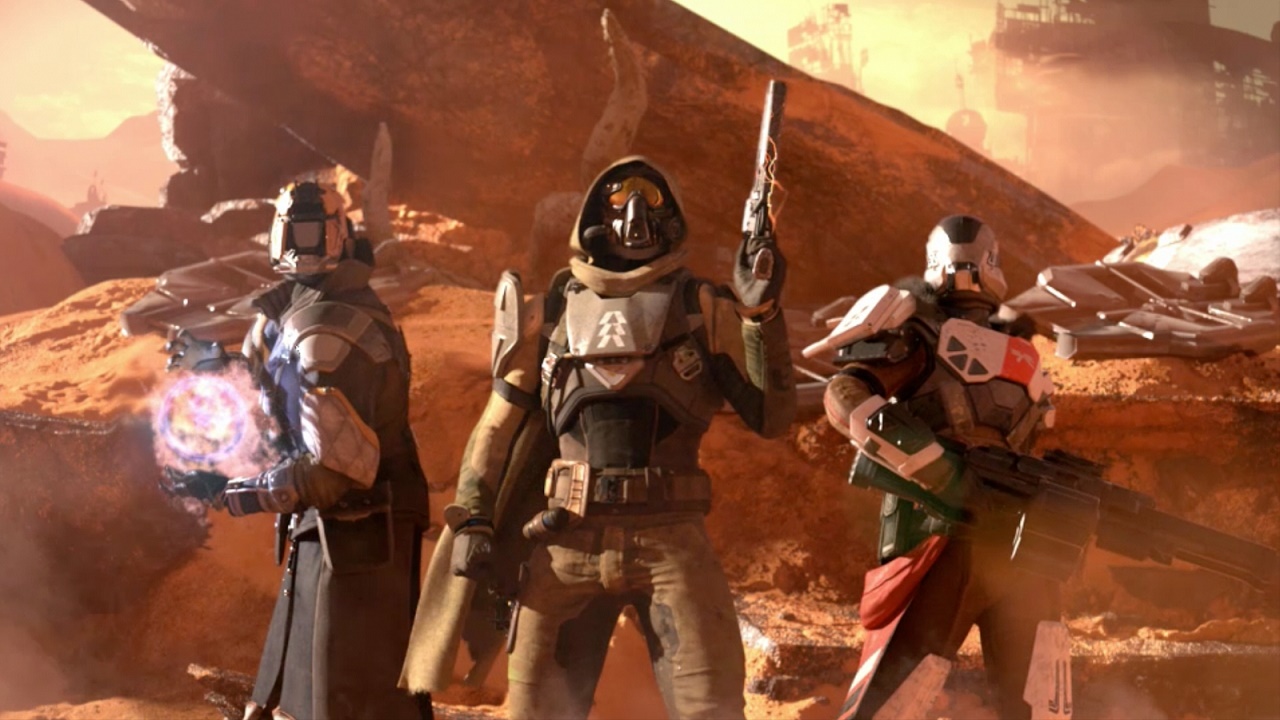Everyone’s a critic. That’s great, just be a better critic.

Few games have been as divisive as No Man’s Sky. From initial reactions of “Hey, this isn’t what I expected” to a wave of “Give me my money back,” it has been a hot topic for our community. But the driving force for the tweetstorms and refund talk goes beyond this one game.
At their heart, the criticisms of No Man’s Sky are less about the specifics of which features were or weren’t in the final build and more about the assumption that somebody thought they would like the game. They wanted to love it, assumed they would love it, but didn’t. And now they’re very, viciously, unhappy.
No Man’s Sky is just the latest and loudest debate over player expectations. Many other projects, from small indie operations to major triple-A productions have sparked similar discussions. Players have taken to the interwebs to rant about price, length, frame rate, art style, writing, the existence of multiplayer, and the non-existence of multiplayer. With all the experimentation happening on the creative side, some of those frustrations make sense. Some of them don’t.

The good news is that we can manage our expectations by being critical. And that means much more than cutting somebody down in pursuit of retweets or mobilizing the pitchforks and torches on Reddit. So, dear readers, it’s time for a lesson from one of the greats.
Roger Ebert (may he rest in peace) didn’t really get video games, but he did know a hell of a lot about being a critic. Useful criticism doesn’t mean finding flaws in everything or glorifying whatever you personally enjoy the most, and this was one of Ebert’s greatest gifts. He also knew that not every movie he loved would be for everybody and that movies he disliked weren’t necessarily bad. He could watch a movie and see how well it succeeded at what the film wanted to accomplish. That empathy meant that he could give two thumbs up to art films, silly comedies, horror flicks, and everything in between.
People, we need to be more like Roger Ebert.
That’s pretty obvious when it comes to journalists and writers, the people who make those critical assessments of individual titles and games as a bigger medium. But it’s also true of anyone who identifies as a gamer. We are all responsible for being critical consumers. Sure, outside professional opinions that you trust to guide your purchases are invaluable, but it’s just as important to be honest with what you want out of gaming. Play No Man’s Sky for nuanced character development or tactical space combat and you’ll be mightily disappointed, just as you will be if you turn to Mario Party 9 for complexity or to Call of Duty for subtlety. And if you’ve made the choice to look for those traits anyway in a game that clearly doesn’t have them, well, that disappointment is on you. Not on the game.
Gaming as a creative endeavor is in the midst of serious segmentation. The people making games are poking at the lines dividing genres, finding new places for them to overlap or exploring new niches within the game styles we’re seen over and over for years. There isn’t a single definition now for what you can expect from a game that dubs itself an RPG or a shooter or a platformer. That’s how we get titles from Destiny to Her Story, the ones that take us by surprise, that show us how much potential games still have to explore as a creative medium.
Same goes for setting; there’s no one way for games to present a fantasy universe or tell an alternate history. So loving science fiction doesn’t mean you’ll love every science fiction game.

And that’s a good thing. There are more people gaming now than ever before. Each of them comes to a game with a different story. They have their own likes and dislikes, their own preferences, their own ideas of what makes greatness. As a result, fewer gamers will pick up a given title and have that intense reaction, because there’s no way one game will resonate equally with all the hundreds, thousands, or millions of people who will play it.
We want those “wow” moments, but it’s unfair and unrealistic to expect every title we play to deliver them. If we do, we’ll wind up jaded and dismissive of any game that doesn’t shatter our concept of reality, even though it could have been a fun or unique experience if we’d gone in with open minds.
So do a little soul-searching. Given the vast number of games being made, there’s gotta be one out there that delivers what you want to experience in that given moment. Not every game will fit the bill for you because it’s busy being the right game for someone else. And if your unicorn game doesn’t exist yet, then (assuming angry commenters don’t badger game creators into silence) maybe one day it will.
Games aren’t required to meet all of each player’s expectations. If that was the standard, no games would get made and then what would we all be doing with our lives?
Weekly digests, tales from the communities you love, and more

Anna is a freelance writer who has written for the likes of GamesRadar, Ars Technica, Blizzard Watch, and Mashable. She's also created games as part of various game jams. Anna likes games about solving puzzles and/or shooting things. She wishes she could trade zingers with GLaDOS and have beers with Garrus Vakarian in real life.


